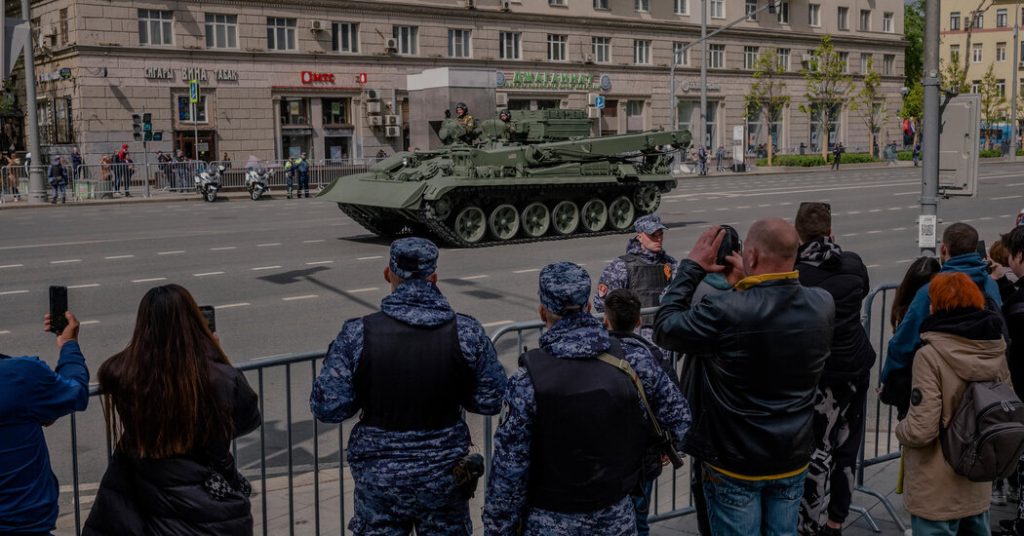President Putin is implementing a rare tax increase on corporations and high earners. This move is driven by the escalating costs of the war in Ukraine and the broader confrontation with the West. Nearly one-third of Russia’s 2024 budget is allocated to national defense spending, signaling a shift in fiscal policy. The tax increase highlights Putin’s confidence in political control and Russia’s economic resilience amid inflated wages and military spending.
Financial officials view the current economic climate as an opportune time to push through tax increases. The impending tax overhaul could include raising personal income taxes for high earners and increasing corporate profit taxes. The government aims to diversify revenue sources beyond the oil and gas sector, which currently contributes significantly to the federal budget. The tax adjustments are intended to redistribute the tax burden equitably while promoting business development and investment in critical areas.
This tax restructuring is part of Putin’s plan to introduce a progressive tax scale to address poverty and inequality in Russia. By sparing lower-income earners from the tax hikes, the government aims to alleviate discontent over the war and ensure support from the population. The proposed tax changes may include special incentives for specific groups, such as individuals involved in the war effort or families with multiple children. Despite potential opposition from high earners, many Russians are unlikely to pay significantly more in income taxes.
The increase in defense expenditures, driven by the war in Ukraine, has prompted financial officials to seek additional funding sources. Russia’s financial technocrats are capitalizing on the current economic conditions to generate revenue for future war expenditures. Creative measures, such as taxing corporate profits and introducing windfall taxes, have been implemented to generate funds for the war effort. While businesses may accept higher corporate tax rates, the uncertainty surrounding future taxes and expenditures remains a concern.
The tax reforms highlight how Russian society is being mobilized for the war effort, with everyone from business executives to soldiers contributing to the cause. Moscow is preparing for potential future geopolitical moves and considering the impact of Western sanctions on income. The government’s focus on income mobilization underscores the urgency of funding the war and ensuring financial stability amid ongoing military operations. While the tax increases may spark some backlash, especially among high earners, the government aims to maintain stability and support for the war.
Overall, the proposed tax changes in Russia reflect Putin’s confidence in political control, economic resilience, and the country’s ability to finance ongoing military operations. By diversifying revenue streams and implementing progressive tax measures, the government aims to ensure economic stability, support for the war effort, and equitable distribution of the tax burden. Despite potential challenges and uncertainties, the tax reforms are part of Putin’s broader strategy to address poverty, inequality, and funding needs for the war in Ukraine.


